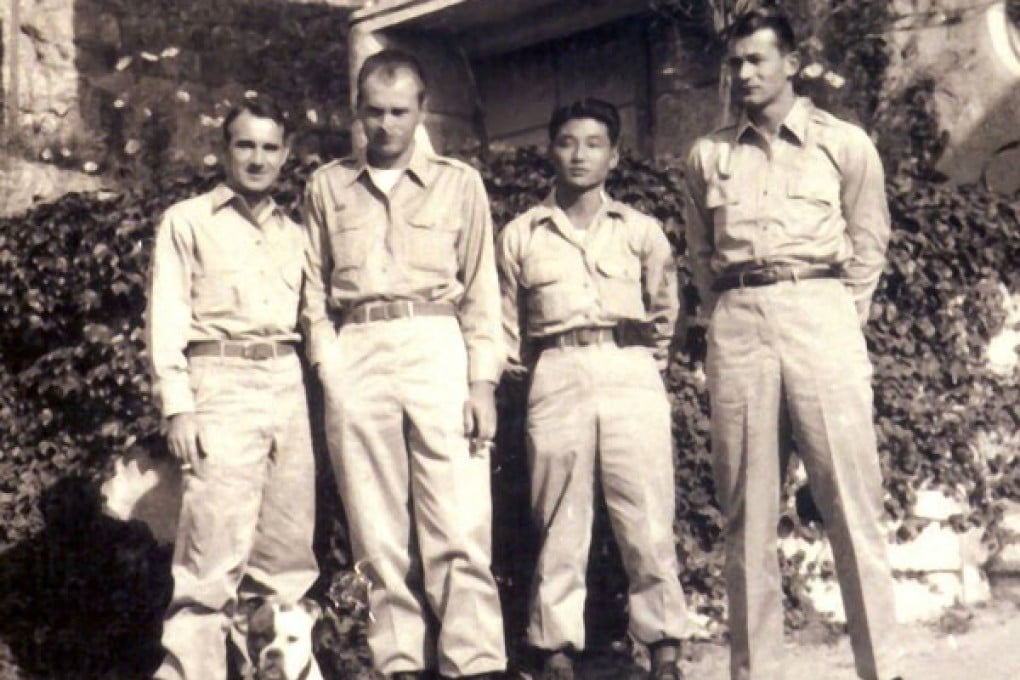Remembering the seven heroes who liberated a Japanese internment camp in China
Mary Taylor Previte was 12 years old when, on August 17, 1945, seven brave men parachuted in to free her and the 1,500 or so other Western prisoners being held at the Weihsien Internment Camp, in Shandong province

Twenty-year-old Wang Chenghan watched the swarm of people scrabble, children and adults both, falling over each other to wave wildly into the air above. A few twirled their shirts above their heads, others jumped for joy and embraced, ignoring the patrolling Japanese guards around them. Wang, or Eddie as he was affectionately known, felt a jolt of tenderness pulsate through his fear as he looked down on the silent shouts from the plane.
Two-and-a-half hours earlier, he had boarded the American bomber in Xian, central China, heading to Shandong province, in the northeast. Of the seven soldiers on board, Wang was the only Chinese among the Americans. Though his job would be to translate between Chinese and English if required, he didn’t speak a word on the flight, and neither did the rest of the crew, whom he’d met just a couple of days before, following Japanese emperor Hirohito’s surrender to the United States.
Now a 94-year-old great-grandfather, Wang still thinks about that morning. Recently, even more so, after the death of a woman more than 11,000km from his home in Guiyang, Guizhou province. Mary Taylor Previte died in New Jersey, in the US, in November, aged 87, a few days after being struck by a car reversing from a driveway while she was out on her morning walk.

Mary was just 12 when Wang air-dropped into the Weihsien camp to free her on that sweltering day back in 1945. He was a bright young man from an affluent family who had learned English at school in Chengdu, Sichuan province, after moving there with his family from Beijing in 1937. He went on to study physics at university before dropping out in 1944 to join the army of the Kuomintang, which governed much of China at that time, and because of his English skills and some interpreting training he was selected by the OSS to help liberate Weihsien.
Wang had been on missions before, but this would be his first face-to-face encounter with the enemy. With the plane cruising in at an incredibly low 450 feet – to give the Japanese as little time as possible to open fire – the soldiers jumped out one by one. Wang, fifth in the line, armed with a revolver and submachine gun, needed a small push; this was his first time parachuting outside a simulation.
